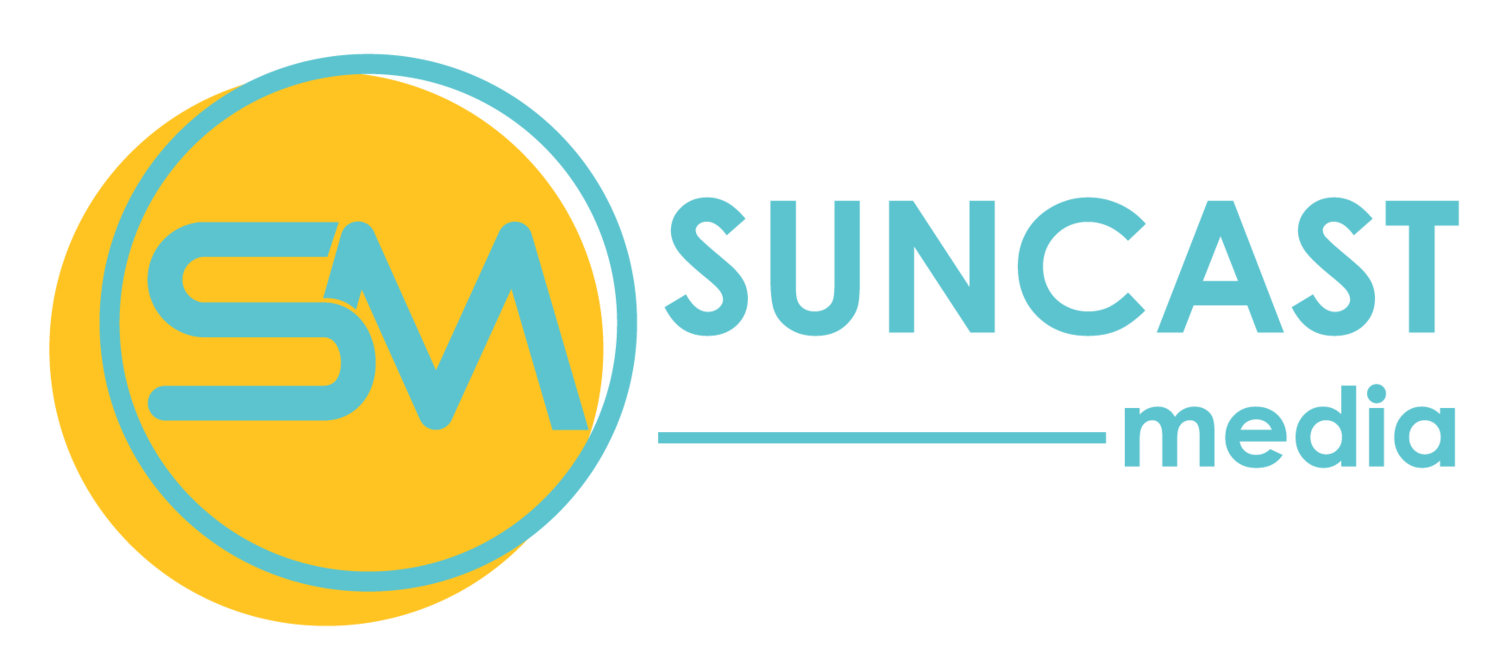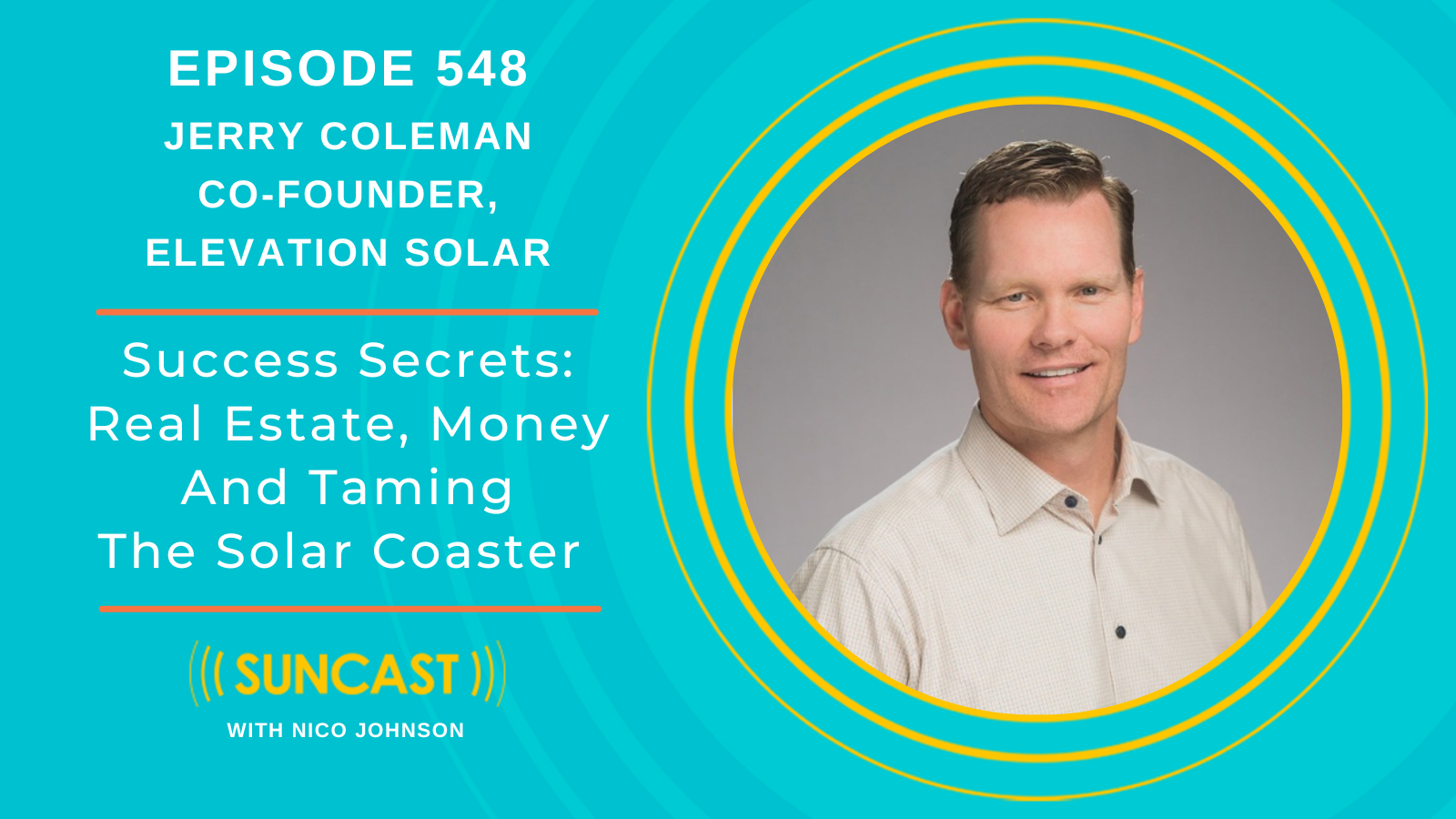We'd love if you'd leave us a 5 ⭐ rating & review and it's never been easier: www.ratethispodcast.com/suncast
Bill Jordan's uncles began farming the Imperial Valley of Southern California after returning from World War II. Today Bill's company is installing solar on the next-generation facilities of those family farms, marrying his passions for solar, agribusiness and giving back to empower progress through sustainable energy.
Bill capitalized on decades of experience in renewable energy, building materials and sustainable agriculture markets to create the Troy, New York-based solar development company that bears his name. Since he founded Jordan Energy in 2009, it's grown into a leader in solar photovoltaics (PV) system design, installation, and operations.
Also known as Jordan Energy and Food Enterprises, the company supports many client partners from the farm community, including Dairy Farmers of America. It's a natural fit for a man with the deep agricultural roots of family farms and, before them, a produce shop in Philadelphia.
"Eighty percent of our business is with farmers and food companies because they trust us and know us. We know how to speak to farmers and genuinely care for their family farm businesses," Bill said.
Jordan Energy demonstrates its belief in sustainable energy by sharing 10% of its profits with the Let’s Share the Sun Foundation, which provides solar power to underdeveloped communities worldwide.
In today's podcast, Bill explains the seemingly disparate connection between energy and food and why his metrics for success focus heavily on trust, responsibility and doing the right things.
"The biggest challenge is gaining market share in responsible ways that help lower energy costs and make the world better, safer and more inhabitable — economically and environmentally," he said.
He said he's often asked to explain the name Jordan Energy and Food Enterprises, noting that it is common for people to question how the two are related.
But he says the two issues have been "intimately connected" throughout his life. He studied hunger at the University of Notre Dame and earned an advanced degree in agriculture and resource economics at Cornell University. The latter program required analysis of challenges like food insecurity, poverty, and the need for more food during climate change and a growing global population.
He worked with small family farmers in Chile and as a special assistant to the Commissioner of Agriculture in New York State. Solar took root when he combined what he knew about roofing — his father-in-law was a former president of GAF, North America's largest roofing manufacturer — with his commitment to sustainability.
"I came to conclude solar would have the most market share and that farmers stood to benefit by diversifying their farm operations to include solar. So that's the crux of the nexus between food and energy for me," he said.
There's much more in today's conversation, including how Let's Share the Sun is partnering with Wood Mackenzie to promote independent and resilient energy in places that need it most. Please join us.
NOTEWORTHY QUOTEs:
“I always make the comparison to IBM before Bill Gates and Steve Jobs created the personal computers we’re communicating through right now. Those mainframes were a lot less powerful than these laptops were talking through and IBM probably thought that they were going to be the dominant force in computing maybe for a long timeline. But innovation happened with the personal computer so IBM still exists, they just had to change a lot. And similarly, I think the utilities are going through a lot of change that is hard for some people that have done some things the same way for decades.”
Thanks again to this week's sponsor, helping keep the podcast FREE to you!
SUNGROW focuses on integrated energy storage system solutions, including PCS, lithium-ion batteries and energy management system. Pleae visit https://www.mysuncast.com/sungrow
ABOUT THE HOST OF SUNCAST:
Nico Johnson is the creator and host of SunCast, consistently rated a top solar podcast in the clean energy sector. The content of the show is geared towards listeners looking for insights on where the markets are headed, how to position themselves or their companies, and what today's market leaders do to stay ahead of the pack.
Nico is an Investor, Executive Coach, and 16-year veteran of the solar industry, having led development in the US and Latin America for global companies like Trina Solar and Conergy.
You can connect with Nico Johnson on Twitter, LinkedIn or email.
If you’ve been second-guessing your work decisions or maybe trying to reconsider how you "fit" in the renewable energy industry -> grab 20 minutes on Nico's calendar and discuss whether having him as Your personal coach might be the right next step.























